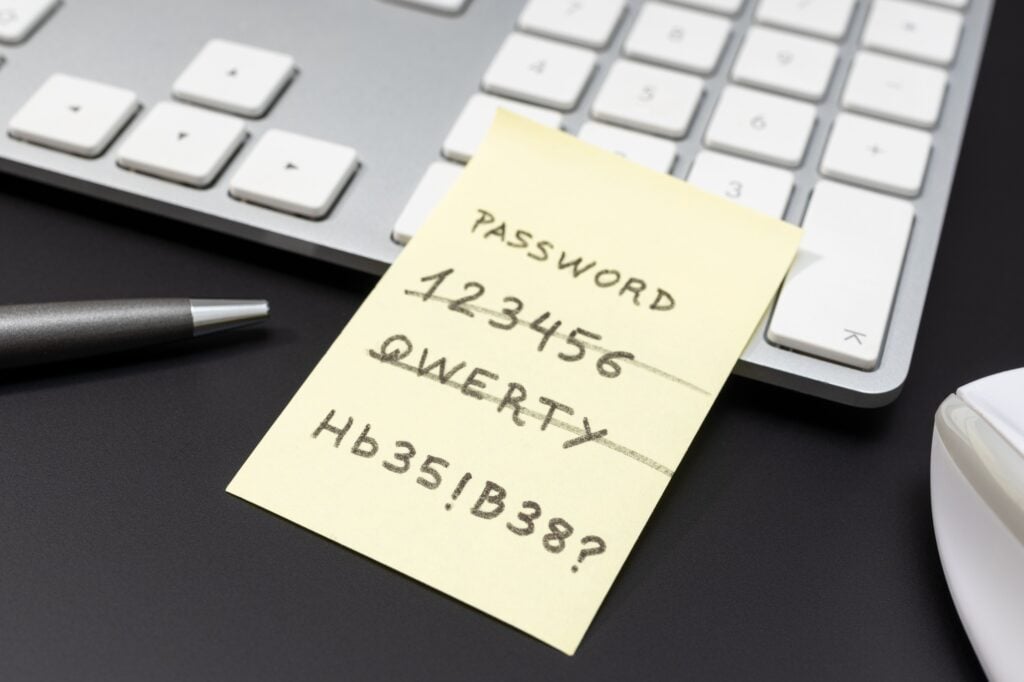Why Using Antivirus Software is Essential for Your Digital Safety

In our daily lives, we take precautions to protect ourselves—locking our homes, securing our vehicles, and being alert to suspicious activity in our streets. But in the digital world, many people let their guard down, leaving computers and smartphones vulnerable to cybercriminals. One of the most effective and affordable ways to protect your devices is by using antivirus software.
Antivirus software acts like a digital security guard, constantly scanning for threats and blocking them before they can cause harm. For the Woodstock community, where both local crime and online scams are on the rise, this is a critical tool for keeping personal and community information safe.
What Does Antivirus Software Do?
Antivirus software is designed to detect, block, and remove malicious software (malware) such as:
- Viruses – Programs that can damage or destroy files.
- Spyware – Software that secretly collects your personal data.
- Ransomware – Attacks that lock your files and demand payment.
- Trojans – Disguised programs that give hackers access to your device.
Modern antivirus solutions also help block phishing websites, prevent unsafe downloads, and warn you about suspicious links in emails or messages.
Why You Need It
Cyber threats are becoming more advanced and harder to spot. Even careful users can be tricked by realistic phishing emails, fake websites, or infected USB drives. Without antivirus software, these threats can silently install themselves and steal your passwords, banking details, or private files.
Importantly, one infected device can be used to spread malware to others—through shared files, email contacts, or community networks. By protecting your own device, you’re also helping to protect the people around you.
Choosing the Right Antivirus Software
When selecting antivirus software, look for:
- Real-Time Protection – Constant monitoring, not just manual scans.
- Automatic Updates – Keeps protection current against new threats.
- Multi-Device Support – Protects your computers, smartphones, and tablets.
- Reputation – Stick with trusted, well-reviewed brands like Bitdefender, Kaspersky, Norton, or ESET.
Many antivirus programs offer free versions, but paid options usually provide more comprehensive features, such as ransomware protection and secure browsing tools.
Best Practices for Using Antivirus Software
- Keep it Updated – Outdated antivirus is like a broken lock; it won’t keep intruders out.
- Schedule Regular Scans – Even with real-time protection, full system scans help detect hidden threats.
- Don’t Disable It – Some programs or downloads may ask you to turn off your antivirus—avoid doing this unless absolutely necessary and safe.
- Combine with Good Habits – Antivirus is powerful, but it works best alongside safe browsing, strong passwords, and caution with links and attachments.
Community Cyber Safety
In Woodstock, we know the value of looking out for each other. The same principle applies online. If your device becomes infected, it can be used to target your friends, family, and neighbours through scams or malicious links. By using antivirus software, you’re not only protecting your own information—you’re helping to safeguard the wider community.
Think of antivirus as a digital alarm system. Install it, keep it updated, and let it work quietly in the background so you can enjoy the benefits of technology without leaving the door open to cybercriminals.






Responses